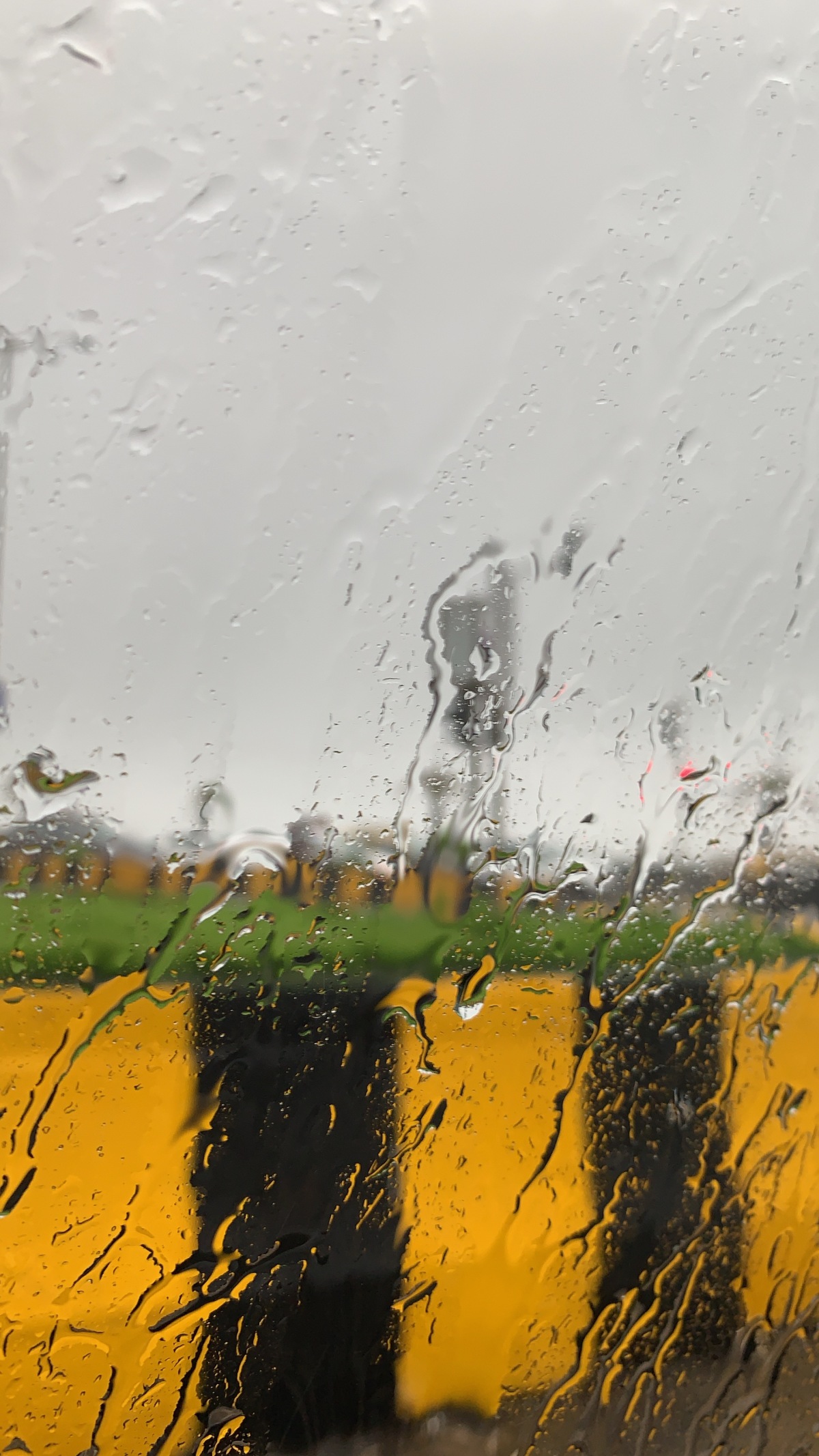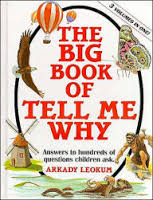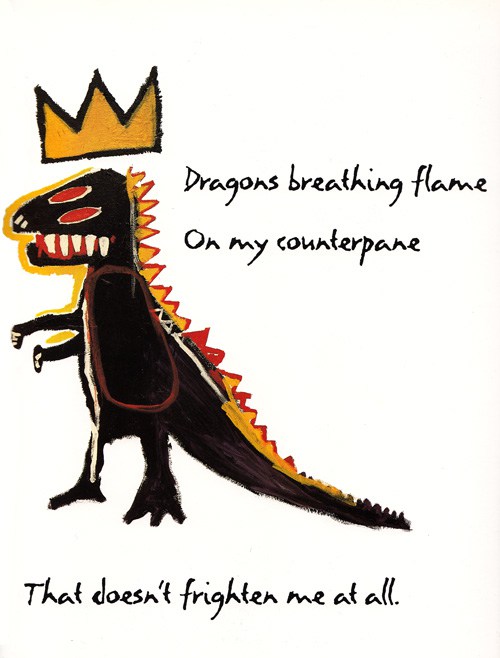Mumbai, India – June 3rd 2020 – 12:33PM
I’ve had a Word Doc with this story open on my laptop in hopes I would put it to use somewhere in my writing. I was three months into lockdown when I wrote this during what everyone thought was an early monsoon but really it was just a cyclone. It was a great exercise in describing the senses the way I experience them. Maybe its today’s persistent rain but somehow it felt like a blog post would make a better home for this material.
Sitting at my desktop by my balcony window, the church bells rang. They ring everyday at 12:30PM. I can hear the bells from St. Theresa’s Church just behind my building. Even in the midst of a cyclone, the church bells will ring. One day I need to remember to ask someone if there is an actual physical person that rings the bells (because in India there is a person for every job) or if it’s put on a timer.
I took me a few tries before I got the name right. Naisagara? Nagarasa? I just came to know its Nisarga. I never would have come up with that combination of letters, ever. It’s another thing that separates Indians and me. They probably got it right on the first try.
Dark clouds steamroll through the sky and there is a soft crackle of thunder.
I can hear the squeaky creaky windows and the gusts of wind as they swoosh across town. I can hear the caws of crows in search of a dry home. I can hear the billowing up of a tarp from a rooftop nearby. I guess it wasn’t pinned down properly. Of even if it were, some breeze would sneak in and fill its lungs with air. I can hear the soft rustle of trees as their branches and leave shake, heavy with rain.
I can hear the honking of cars and the screech of a rickshaw’s tire on the wet ground.
I can still hear the pressure cooker from a nearby kitchen. It could be from any of the surrounding buildings, not just mine. You’d be surprised how far the sound of a pressure cooker can follow.
I can almost hear the sound of waves from the ocean, the thunderous clap of the high tide against the water. A definite roar as it crashes on land and over smooth black rocks.
The wind flaps outside my balcony window. I’m drawn in by its smell; it’s fresh, clean, natural smell. Last night when the rain started falling, Martha and I stepped outside. I could smell dirt with a hint of freshness. Maybe that’s my American sense kicking in, thinking of the Mom’s backyard when we’d stand outside on her patio just before a storm, to take in the breeze and breath in the strong smell of fresh grass, wet grass. Grass. We don’t have much grass in Mumbai so perhaps it’s the waft of a wet tree nearby.
I can hear a faraway horn. Is it a conch call? I can’t tell. I have heard pujas and prayers from up here. I don’t know how far or close they were happening but I have heard a lot of religious sounds from way up here, sounds from funerals and weddings.
Solemn straight lines of men dressed in white suits with white beards. A casket follows. Men and women together in kurtas and pants walk slowly and calmly in the street, following a car that inched towards its final destination.
But then, bangles and drums and whistles and singing, the groom is on his way to the bride! A street full of color and movement, and yet, the wedding moved just as slowly as the hearse.
Martha walks in to begin her cleaning for the day. She starts with the balcony. I remind her to bring the fan in today so it doesn’t get spoiled in the rain. Small droplets have probably already fallen on it but it wasn’t plugged in. It seems she’s taken up a new mission today, cleaning the wire mesh that wraps around the front of my balcony, keeping out the pigeons but ruining my photo opps. The wiring has been dirty for a while. I noticed it more when we did a major cleaning during the lockdown (still currently on) and I told her to clean it. I never followed up with her about it. I want to cheer her on, support her, and show that I appreciate her efforts. That she remembered and did it without me having to tell her. Did the dirty wire mesh bother me? Yes. But did I care enough to tell her to clean it again? Not at all. Up close it was a mess but you couldn’t see it from far away, not even from this desktop.
I don’t hear people, I barely hear people. These days, the people are all inside. Because of a pandemic, corona virus, and now because of the cyclone. Because they are scared to go outside, because they need to be logged onto the computer working from home, because the schools are shut and the kids are home and there is too much household work to be done. Cooking, cleaning, sorting, organizing, praying, exercising, playing and typing and talking and laughing that needs to be attended to.
There is so much to do at home and yet with so little space. Even if you live in a big bungalow or five BHK, your space can feel so small. I have been trying to use and occupy my space better, peer out of every corner and look at every angle. I want to see buildings I never saw before and experience new views. I want to absorb my surroundings and hug every inch of my city. My city of Mumbai, my home, my new home. I want to know every sound and watch every person that comes into my view. Observe their behavior, their body and movements. I can’t see most of their faces at this distance so the larger movements are all I can go by. Except for the rooftop of the building next door that faces my balcony. I’m a little higher up from them but they are the closest people I can see. I can see some of their faces and have a good idea what they look like from a distance. Closer up may be another thing. I wonder if I would notice them on the street? If we were to pass each other downstairs or ran into one another at Liberty Chemist around the corner, a corner we share, would I recognize them?
One woman that stands out reminds me of my yoga teacher. She looks taller than Karishma, my yoga teacher, but she’s got a slim build, walks very upright and has the same hair color as Karishma. A mixture of yellows and golds and browns. She always in fitted athletic wear and ties her hair in a ponytail. She moves like Karishma too. Because of this, I call her Karishma or yoga lady. Then there is a pudgy boy with the glasses and his little sister and I’m not sure who those other people are but there is a lady and another teenage looking kid with them. Then there’s spectacles, he comes everyday to go for a walk. A man, probably in his late forties or fifties, in his joggers with his phone and headphones. He walks everyday. He’s looked up a bunch of times at me and we catch each other’s gaze from a distance but it’s more my who the fuck are you type of gaze. Not a warm gaze. I stare hard at him almost like back off I wanna wear shorts and a dress and be myself without having your eyes on me, you creepy Indian uncle.
Beeping of cars and children in the distance. I can hear the beating down of rain now against the ground.
I hear a train in the distance. Martha stops wiping the floors to look up at me and say, is that a train? We both wonder. We wonder where it’s going, why it’s making that noise. Martha says local trains are running again with limited service. But where is that train sound coming from? she asks herself. SV Road? They haven’t finished building that train track, can’t be that. Bandra Station? It’s so far off, how could the sound travel all the way here? Martha says there aren’t any other sounds outside so the stillness of the city would let a trains whistle travel longer than it otherwise might.
I smiled. If only she listened, she’d hear the sounds.




